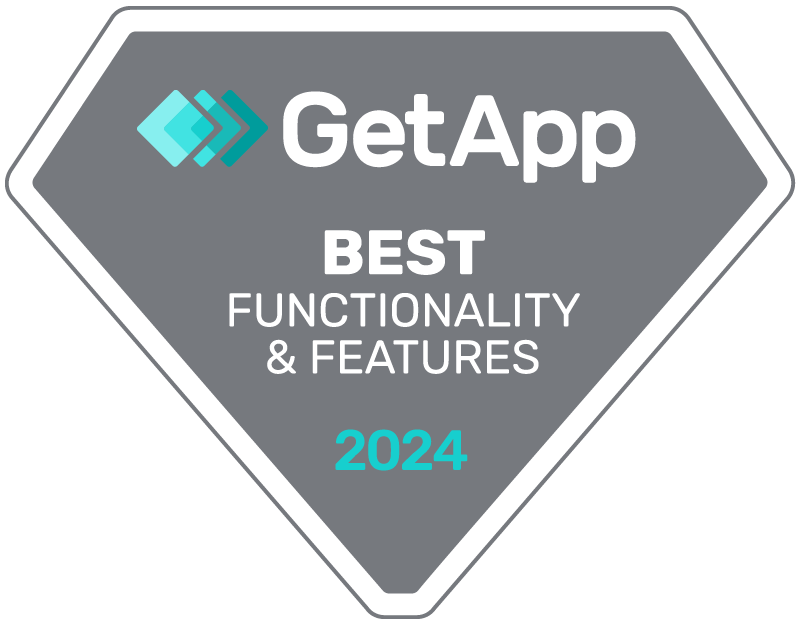Proper Whistleblowing Mechanisms are a Requirement. Just Ask Uber.

Uber is not a stranger to the headlines positive and negative. Illegal car hires in Hong Kong, union bid blocking in Seattle, the search for a second executive, and internal discrimination and harassment allegations, Uber appears to be struggling with employee and customer challenges perhaps unsurprisingly given its rapid, global growth. While customer experience receives most of the attention, employee engagement and customer experience are two sides of the same coin. It comes down to how a business engages with and manages its relationships with people, leveraging their insight to deliver better experiences on both sides. And, in doing so, improve the method in which they operate their business.
With the recent Susan Fowler news, it is clear; Uber has failed to protect its most cherished and business-critical asset – its people. Employee engagement in the workplace is the difference between business success and failure. Employees and customers see the same issues; however, where customers identify symptoms, employees uncover root causes. No business can survive without customers. And in this case, perhaps the issues seen on the customer side of Uber directly relates to internal issues plaguing the organization.
When whistleblowing mechanisms are missing
But the recent Susan Fowler news highlights another dimension, just as critical, but often not discussed enough or acted upon: whistleblowing at work. In hindsight, many of the issues the technology giant is facing could easily be mitigated had there been proper whistleblowing mechanisms in place. Lusk, another discrimination and harassment whistleblowing case, notes in a Fortune article, Like all of the other stories, nothing changed even after multiple meetings with my manager and HR. For Uber, proper whistleblowing mechanisms were absent and employees were left unheard. Often, whistleblowing to the media is the last resort of an employee, and they only go down that route after internal options have not produced results.
Proper whistleblowing protection require a combination of innovative technology and independent oversight to manage internal issues effectively. These two elements ensure that utilized mechanisms are scalable and sustainable in addition to maintaining anonymity and objectivity which link to improved internal oversight. Many European firms already have a much better system for tackling the most egregious issues impacting employees and firms. It is time for U.S. firms to adopt and further develop these whistleblowing best practices.

Discover what truly motivates your employees so you can skyrocket your productivity and profitability.
Learn moreEstablishing proper whistleblowing mechanisms
First and foremost, modern whistleblowing technology is required as an adjunct to traditional means of communication. Due to sheer scalability and sustainability issues, technology must be leveraged to manage and prioritize internal feedback. Ideally, modern whistleblower technology is based on the following three best practices:
- A. Encrypted web and mobile solution: Form, function and security are important aspects to engage with employees on a range of matters. From illegality to discrimination to harassment, situations that whistleblower technologies address are often highly-charged, and thus, require an added level of protection.
- B. Identifiable or anonymous: Retaliation is often a concern in whistleblower situations. Harassment, internal pressures and other factors come into play when engaging with employees on these highly-charged situations. The flexibility to engage with and provide feedback in a manner the employee is most comfortable with is required.
- C. External tracking: Apparent in numerous cases beyond Uber, internal oversight is often not enough to deal with whistleblowing situations. In a similar manner with financial or security audits, an external body such as a law firm or auditor can be engaged to provide objective external oversight on whistleblowing matters.
This last requirement is particularly important and follows a European best practice that might be of value for U.S. companies: A law firm or auditor can be engaged as a de facto independent oversight committee. This would be in addition to traditional internal means of oversight such as HR and can help mitigate the unacceptable Uber response.
Freada Kapor Klein, an investor, suggests that Uber “offer more formal and informal ways for employees to report problems to management, including allowing them to do so anonymously in order to avoid retribution … and have better workplace surveys to get a sense of what’s going wrong. The goal is to engage with and protect employees those that are closest to your business. And as Uber is seeing with riders reacting to these claims through their purchase behavior, employee engagement and customer experience are often two sides of the same coin.
Built on the foundation of years of technical prowess and expertise in managing the employee experience, Questback offers a purpose-built solution for whistleblowing that bridges the gap between strategic planning and operational execution, and allows you to listen and learn from these issues.
About the author
Justin Flanagan | Vice President of Sales, FSI at Questback
With a track record including Thomson Reuters and IHS Markit, Justin contributes extensive knowledge within the Financial Services and Insurance industry including real estate and FinTech. Leading various business teams, Justin specializes in assisting multi-national enterprises to overcome current challenges and optimize operation. Previously, he led a practice primarily focused on asset management and insurance at IHS Markit. In addition to contributing articles to a variety of sources, Justin also speaks regularly including the renowned Future Digital Finance conference (previously NetFinance.)









